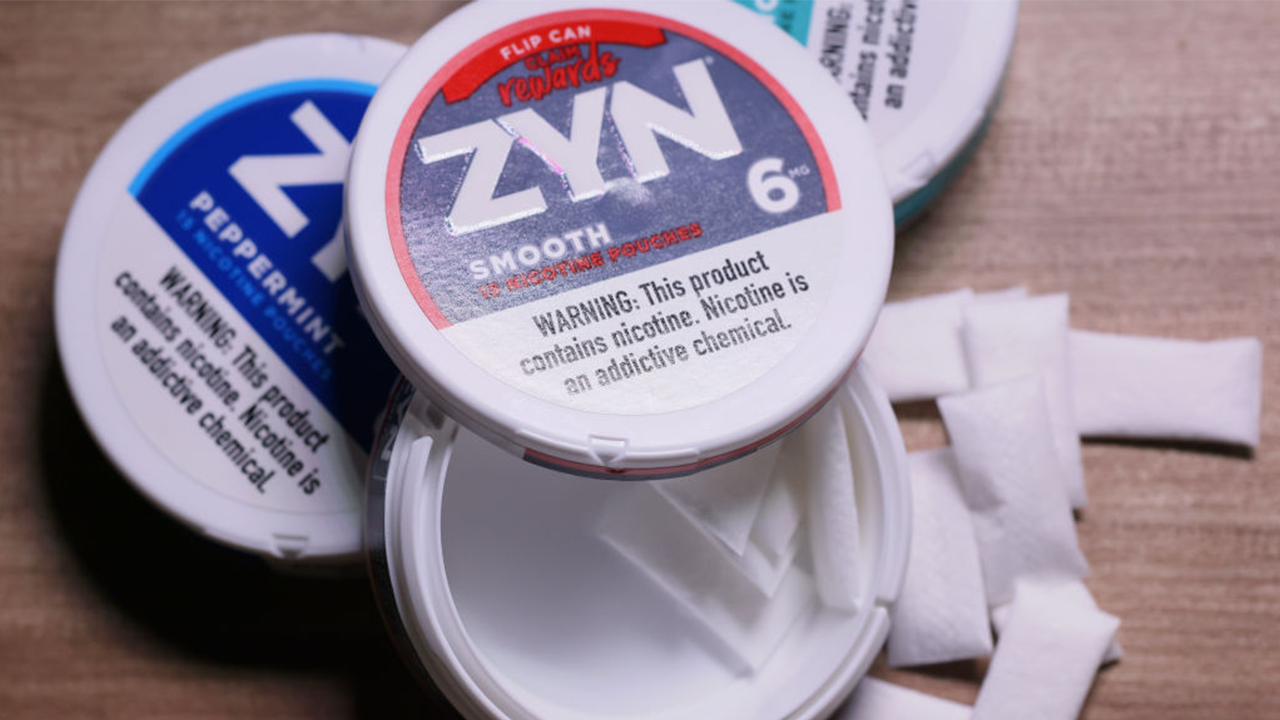SCOTUS Sets Conference Date for the Snope v. Brown Assault Weapon Ban Case

The United States Supreme Court has set an official conference date of December 13 to decide if the High Court will hear Snope v. Brown, a case directly challenging Maryland’s assault weapon ban, addressing whether states can legally ban semi-automatic rifles such as the AR-15, commonly owned and used by law-abiding citizens. While some say this case has the potential to redefine the future of firearm legislation across the nation, the fact that arguments are so deeply rooted in precedent set by earlier landmark Second Amendment decisions such as District of Columbia v. Heller (2008) and New York State Rifle & Pistol Association v. Bruen (2022) makes one wonder, haven’t we been here before?
It has been over a decade and a half since Heller affirmed that firearms “in common use” for lawful purposes cannot be banned, a principle further solidified just over two years ago when Bruen held that firearm laws must be consistent with the nation’s historical tradition of firearm regulation, rejecting the use of “means-end” tests by future courts when evaluating firearm restrictions. These precedents are central, and one could say redundant, to the arguments outlined in Snope v. Brown, however, that has not stopped states like Maryland from enacting laws that fly in the face of previous SCOTUS rulings.
I feel SCOTUS should simply hold lawmakers in contempt of court, and wish they would, yet here we are yet again being forced to re-litigate inalienable rights concisely recognized by the Constitution as the government uses our own tax dollars to fight us at every level of the judicial system. But I digress.
Thus far, Maryland’s strategy has been to delay the case for as long as possible. The case was originally petitioned to the Supreme Court on August 23, 2024, giving the state 30 days to reply. As September 23 approached, Maryland requested a 30-day extension, which the the High Court granted, pushing the date their response must be submitted to October 23. Unsurprisingly, as that date neared, the state again attempted to delay the matter, telling SCOTUS that they are so heavily encumbered with Second Amendment litigation that legal personnel could not be allocated. Thankfully the Supreme Court put a stop to Maryland’s shenanigans, instructing the state that it would receive only a couple more weeks by which to submit its reply brief.
That reply brief was submitted on November 12, to which plaintiff’s attorneys responded on November 25. The Supreme Court acted expeditiously, taking less than 24 hours to distribute the case for conference, fast-tracking that date to December 13.
The AR-15, known as America’s rifle, is central to the case due to its widespread ownership and use for sporting, hunting and self-defense. These legal uses combined with statistics showing that rifles are among the least used firearms in crimes demonstrate that Maryland’s ban is not only unconstitutional but also ineffective and nonsensical.
The importance of the Supreme Court providing a definitive ruling on the matter stems from what many feel are inconsistencies between SCOTUS precedent and lower court rulings which frequently uphold bans on AR-15s and similar firearms. By sidestepping the “common use” standard established in Heller, instead employing contradictory reasoning such as deeming these firearms excessively dangerous or primarily suited for military use, inconsistency seems more like a symptom of the real problem. Federal and state governments are actively and with forethought attempting to erode Second Amendment rights regardless of the High Court’s rulings. We all know what happens to citizens who knowingly and willingly act against a judge’s order, yet somehow those same rules do not apply to lawmakers, proving again, rules for thee, not for me.
The Supreme Court’s duty here is not to rewrite the law, but to ensure lower courts adhere to existing precedent as it has been decided clearly in multiple cases. But that feels like we are clarifying clarifications over and over with no end in sight. Some have referred to Snope v. Brown as a defining moment in the shifting political and legal landscape of American gun rights. I hope it will be as Maryland’s arguments are extremely weak. The state continues to argue that AR-15s are not protected by the Constitution, a tired and defeated notion that, if pressed at the SCOTUS level, would lead to a clear win for gun rights advocates.
If SCOTUS overturns Maryland’s ban, the precedent may secure gun rights for generations, however, if the Justices decline to take the case, states could become emboldened, pushing for stricter bans and fueling additional polarization. A decision that defends the Second Amendment rights of Americans will extend far beyond the state of Maryland, as such a ruling would apply to bans in states such as California, New York and New Jersey.
With the conference date of Friday, December 13, a decision as to whether SCOTUS will hear the case could come as soon as the following Monday. If the Justices elect to take the case, a final ruling is expected by June 2025. There is no doubt that Americans who recognize and respect the Constitution and the values our country was founded upon will be waiting on the edge of their seats as this is a fight for the future of the Second Amendment itself, however, it concerns me a great deal that we could receive yet another affirmation of our rights that may simply be ignored as blue states have already demonstrated. A solution needs teeth that provide consequences if the ruling is not adhered to by the state, as such is expected of its citizens.
Read the full article here







